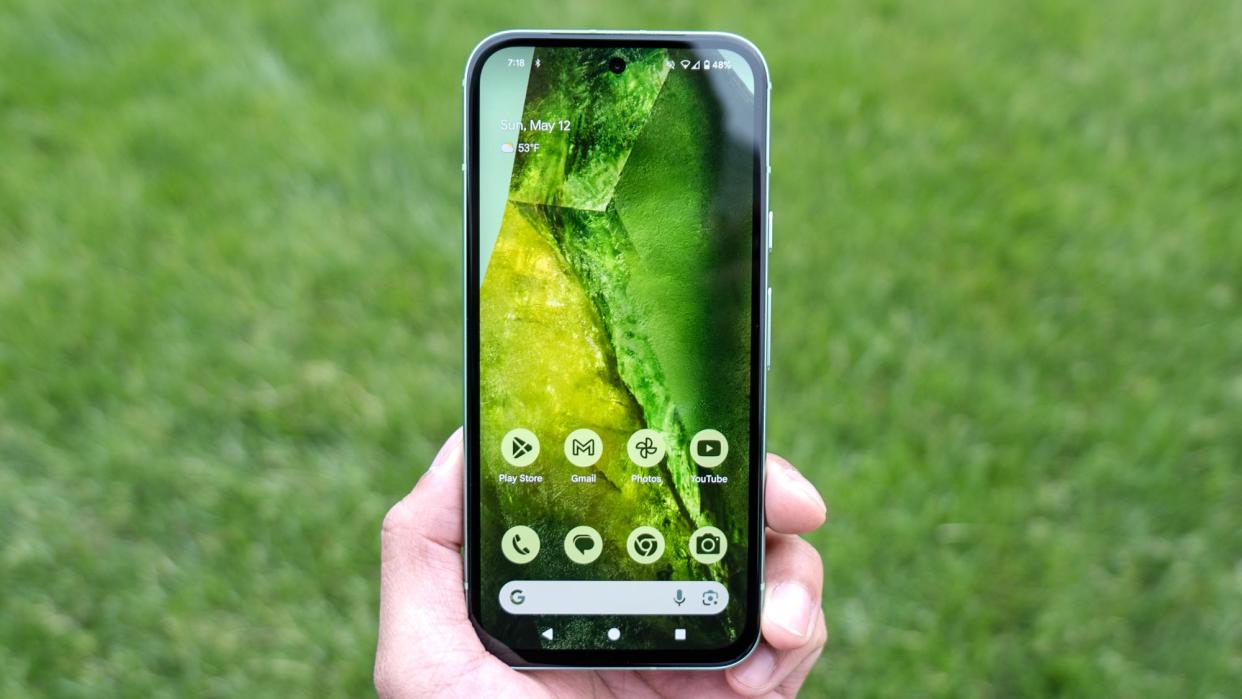Stay cool with potential new Pixel feature that prevents overheating

Android phones come with overheating management tools but a recent APK teardown from Android Authority, points to a potential new one that works with users to manage temperatures in Google Pixel phones.
The feature called Adaptive Thermal would be in addition to tools that are already in the phones. Android devices already regulate their own performance by turning brightness down, reducing CPU speed or even shutting completely off.
Between, ever more powerful processing chips, power-hungry 5G modems and brightness, phones can quickly get hot, especially in the heat of summer.
There are actions that the user themselves to help cool down the phone. It looks like with the new Adaptive Thermal feature, you won't need to search for such actions or suggestions yourself.
Android Authority found code referencing the feature in the Pixel Device Health Services app. It features notifications, dialog boxes and a battery temperature measurement service.
The battery temperature service starts when the phone's battery reaches 120 degrees Fahrenheit and a "pre-emergency" alert creates a notification telling the user that the phone needs to cool down. The notification may say something like "may experience slower performance" or "try avoiding direct sunlight or close to any battery-intensive apps."
The notification includes a button called See care steps.
Tapping that button apparently does two things. One, it details what the phone is doing itself to cool down, like limiting performance or disabling the 5G network. The second thing it does is provide suggestions for how the user can help cool the phone down. These suggestions include avoiding direct sunlight and closing battery-intensive apps like video players, games and the camera.
These can be dismissed by tapping a Got it button or Learn more, which opens a support page.
It looks like the feature is a work in progress though. They were able to unable to trigger the alert, but also said they couldn't get the phone hot enough to hit the limit. Which may be a good thing in Pixel phones, they're already pretty efficient that intense benchmark testing in direct sunlight doesn't cause them to overheat.

